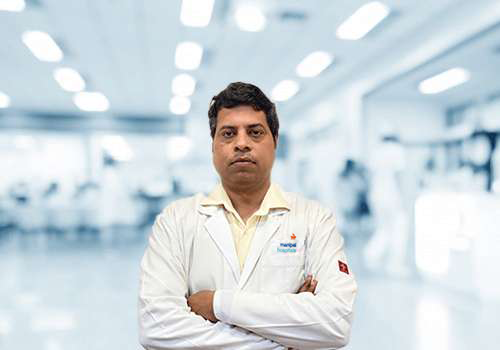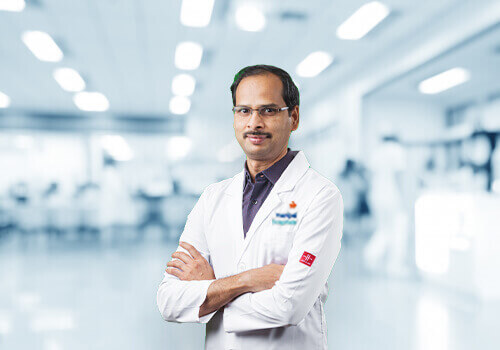
Cancer is a condition in which the body’s cells begin to divide and spread into the surrounding tissues. An accumulation of cancer cells leads to the formation of a tumor which can possibly be malignant.
The human body is made up of trillions of cells and cancer can start anywhere within this area. When cancer tumor develops, the cell cycle starts to change. Old, abnormal, and damaged cells begin to survive and new cells multiply uncontrollably.
There have been 14.1 million new cases of cancer worldwide as of 2012, leading to 8.2 million deaths. It is estimated that around 23.6 million new cases of cancer will come to the fore each year until 2030. In India alone, there are 2.5 million new cases of cancer every year with nearly 500 thousand deaths during the same period of time.
1.How does Cancer spread?
Cancer often spreads through the vessels and channels of the body. In the case of certain cancers like soft tissue sarcomas, they spread through the blood vessels. The lymph nodes are also a medium of spreading for certain cancer types such as breast cancer. Cancer can also spread to areas contingent to the organ or tissue of origin.
2.How many different types of cancer are there?
There are more than 100 types of cancer. The most common types of cancer are cancers of the brain, vocal cord cancer or lung cancer due to smoking, and liver or stomach cancer. Women also commonly suffer from breast or cervix cancer.
3.Why are older people more prone to cancer?
Old people are more susceptible to cancer for the simple reason that a lifetime of accumulated unhealthy lifestyle choices (tobacco, cigarettes, excessive alcohol) finally starts presenting in the form of cancer. There are certain people for whom there may be genetic susceptibility and cancer does not always wait until old age to develop.
4.Are all forms of cancer curable?
Cancers, if detected in the early stage are usually curable. However certain types like leukemia and other cancers have a lower curability rate. Also, certain brain tumours have a high growth rate which means the diagnosis usually comes too late for the patient to launch an effective treatment for the disease.
5.What are urgent symptoms of cancer?
There are 7 danger signals of cancer:
- A soreness in the mouth or ulcers that do not heal.
- Abnormal painless swelling in the lymph areas, such as the neck or armpit.
- Sudden change in the appearance of any moles and bleeding from that area.
- A chronic hoarseness of the voice, particularly in smokers.
- A persistent cough that does not go away even after treatment.
- Abnormal bleeding such as post-menopausal bleeding in women as well as bleeding from the rectum while passing stool.
- Fatigue and loss of weight.
6.What cancers affect women in particular?
In India, the most common cases for women are breast and cervix cancer. However, due to changing lifestyles and an increase in the overall prevalence of smoking, there is a risk for women developing oral cancer too.
7.What is metastasis?
Metastasis is basically the medical term for the spread of cancer. Once again, cancer spreads through blood vessels, lymph channels, or other body fluids. It also spreads to adjacent tissues.
8.What lifestyle choices could lead to cancer?
A modern sedentary lifestyle coupled with smoking and weight gain as well as bad food habits such as consuming aerated drinks and saturated fats can all trigger the development of cancer. A purely non-vegetarian diet without much vegetables can also be a trigger for cancer.
9.Are there any foods that help in reducing the risk of cancer?
The most important thing that needs to be stressed about diet is the need for balance. Other than that, it is generally advised to avoid processed and stored foods and to eat more vegetables.
10.What process does a doctor use to scan for tumours?
The first step for a doctor is to conduct a basic physical check for swellings or lumps. This includes a breast examination for women and a tutorial on how to self-examine breasts. Also a basic mammogram and pap smear can be done. An oral cavity examination is often done for men.
CT Scan is not always prescribed because it exposes the individual to radiation. It is usually recommended after something suspicious turns up during a physical examination.
As Dr. Vardhiraja stresses, lifestyle choices and awareness of cancer, as well as an early stage diagnosis are very important towards preventing or beating this disease.
If you have any doubts relating to cancer, feel free to consult our expert oncologist. Click here to book an appointment now.





















 2 Min Read
2 Min Read














